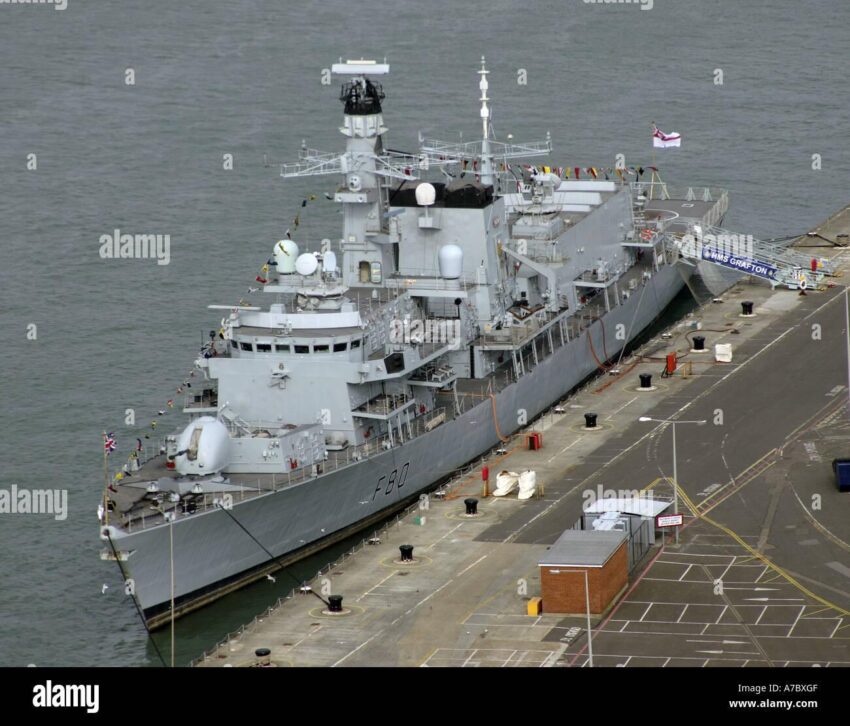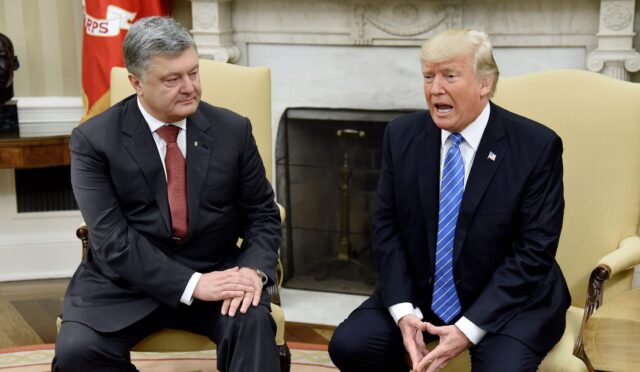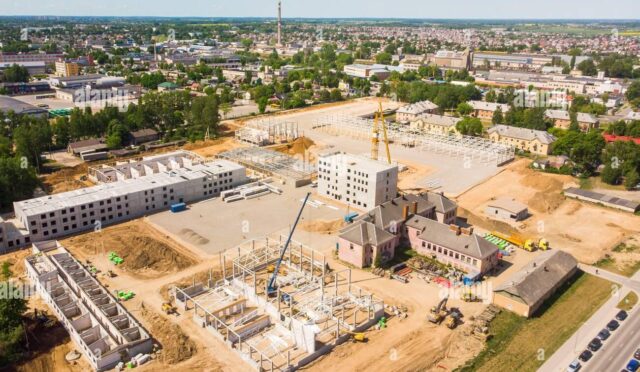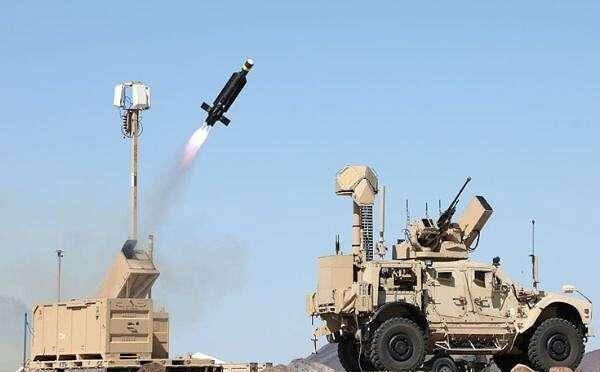Turkey’s Acquisition of HMS Monmouth
Turkey has officially acquired the sixth Duke-class frigate from the United Kingdom’s Royal Navy, marking a significant development in military asset management. The HMS Monmouth (F235), commissioned in 1993, had reached the end of its operational lifespan, leading to costly repairs and upgrades. Instead of being discarded, this vessel will undergo recycling in Turkey, aligning with Britain’s sustainability initiative.
The purchase was made by Leyal Gemi Sokum Sanayi Ve Ticaret, a company specialized in materials processing and salvage located in Izmir. This decision was finalized following competitive bids from various European recycling yards, demonstrating a responsible approach to managing retired military vessels.
A Reflective Farewell from the Royal Navy
Richard Whalley, Head of Defence Equipment & Support Exports and Sales, expressed his thoughts on the acquisition, emphasizing that it represents a “fitting end” for a ship that served the UK with pride. Whalley, who spent a part of his career aboard the Monmouth, described the situation as bittersweet.
He remarked, “It is always a sad day when you see a ship that was a significant part of your life heading for disposal. However, I am pleased that the sale of HMS Monmouth for recycling in Turkey enables an ethical process for recovering valuable materials, which in turn will provide financial returns for the Royal Navy.”
Transitioning to New Warships
The Duke-class frigates, also known as Type 23, have been a cornerstone of the Royal Navy since their introduction in 1987, comprising 16 vessels in total. As these ships retire, the British Government is actively developing new vessels to replace them. The City-class, or Type 26 frigates, are currently being built in Glasgow, with the inaugural ship, HMS Glasgow, already launched.
These new frigates will not only replace the anti-submarine capabilities of the retiring ships but will also feature advanced technologies that enhance nuclear deterrence and support carrier strike operations. The transition is aimed at strengthening the Royal Navy’s overall operational capability in modern maritime warfare.
Complementing the Future Fleet
Additionally, the City-class frigates will be complemented by five Inspiration-class (Type 31) frigates that are under construction in Scotland. This strategic expansion aims to fill the operational gaps left by the retiring Duke-class vessels.
The Type 31 frigates will engage in various general-purpose roles, including maritime interception and intelligence operations, thereby ensuring that the Royal Navy continues to meet both national and allied commitments. BAE Systems is currently on track with the construction of both the City and Inspiration classes, with full delivery expected throughout the 2030s.
Commitment to Sustainability
The decision to recycle HMS Monmouth reflects a broader commitment to sustainability that is becoming increasingly paramount in modern military operations. By choosing recycling over disposal, the UK is not only preserving valuable resources but also setting a precedent for how military assets can be managed more sustainably.
This initiative underscores the importance of environmental responsibility in defense logistics, ensuring that military operations align with global sustainability goals while also providing economic benefits through material recovery.







